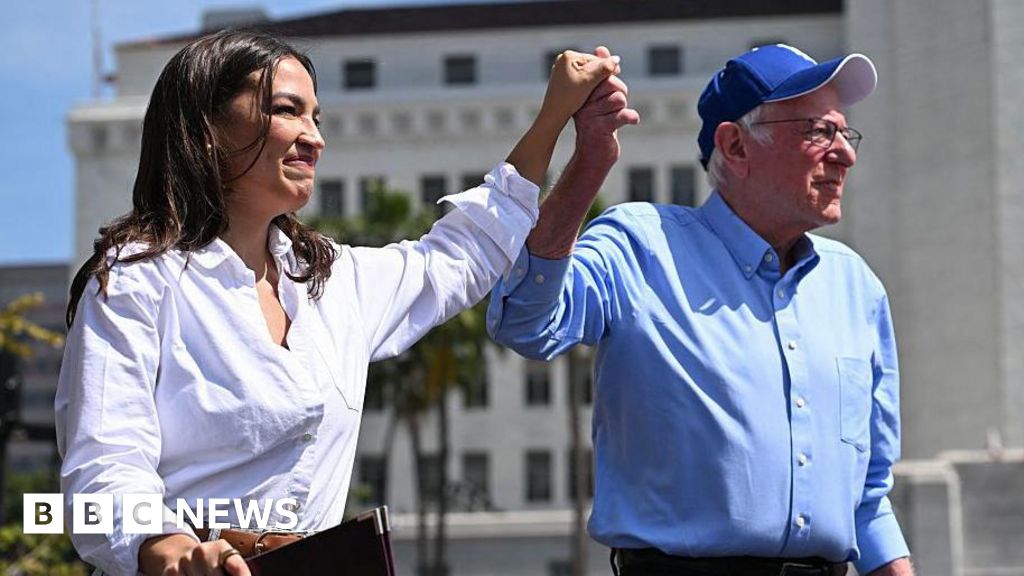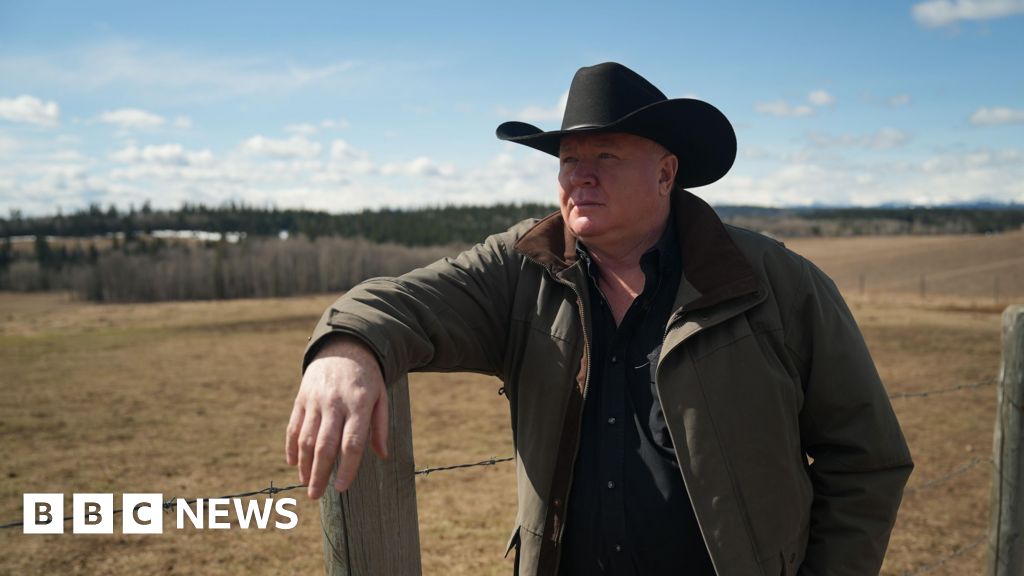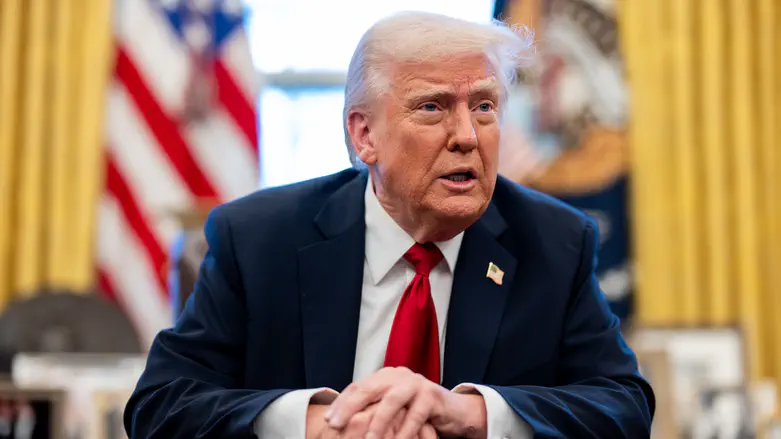Federal Employment: A Pillar for Black Middle Class Now Under Threat from Job Cuts

Shirley Hopkins, a retired government employee, dedicated her career to fostering opportunities for Black workers within the federal government. Known affectionately as the "recruitment lady" while working in the human resources office at the National Institutes of Health (NIH), she took it upon herself to inspire young Black students in the Washington, D.C., area to pursue internships and employment opportunities within the federal agency's programs. "When I was young, I was not able to find employment," recalls the 81-year-old Hopkins, now residing in Prince George's County, Maryland, one of the wealthiest majority-Black counties in the United States. "I was not going to have it the way it was when I was coming up. I was going to let them be a part of something and let them get a job and work and be responsible."
The pride that her mother felt when Shirley landed her first federal job, caring for young cancer patients as a nurse's aide in NIH clinical trials, still resonates with her. "It was like, 'You made it. You moved on up,'" she reflects. Her mother, who supported the family through hairdressing and domestic work, understood the significance of federal employment, as many of her clients worked for the government.
Federal jobs have historically provided stability and benefits that have served as a crucial entry point into the middle class for numerous Black Americans. However, the recent slashing of government jobs under the Trump administration, coupled with hiring freezes and attacks on diversity, equity, and inclusion (DEI) programs, threaten to dismantle this vital pathway for many Black workers, including those whom Hopkins helped recruit. The specifics surrounding the number of federal job cuts and their impact on demographics remain elusive. Nevertheless, data from September 2024 reveals that Black individuals constitute 18.5% of the federal civilian workforce, while their representation in the broader U.S. population stands at 14.8%, according to the 2020 census. In some federal agencies, such as the Departments of Education, Treasury, and Housing and Urban Development, Black employees make up a significant share, often exceeding one-third of the staff.
Frederick Gooding Jr., an associate history professor at Texas Christian University and author of "American Dream Deferred: Black Federal Workers in Washington, D.C., 1941-1981," emphasizes the disproportionate impact these cuts will have on Black workers. "You're talking about a disproportionate number of Black people who are going to be profoundly affected by these broad brush strokes," he states.
The evolution of the federal job landscape for Black Americans can be traced back to the post-World War II era. Gooding notes that during World War II, Black Americans were presented with unprecedented employment opportunities, breaking through barriers that had previously kept them marginalized. "With World War II breaking out and there simply being a supply need for more bodies, many Black Americans took advantage of the meritorious avenues for employment," he explains. The federal government then became a model for the private sector, showcasing an equitable environment where merit, rather than race, dictated hiring decisions.
Calvin Stevens, who dedicated over 30 years to the General Services Administration (GSA), echoes this sentiment. Reflecting on his journey, the 78-year-old Air Force veteran shares how federal employment propelled him into the middle class, allowing him to support his family comfortably while providing for his three childrens education. I was really, truly blessed, Stevens shares. Before this year, these jobs were stable as long as you did your job and performed well.
Despite the rewards of civil service, Stevens acknowledges the hurdles that Black federal employees often face, including challenges rooted in prejudice and biases. As the Trump administration continues dismantling DEI initiatives at federal agencieslabeling them as "illegal" and "immoral"Gooding expresses concern for the vulnerable position of the remaining Black workers. If there's one employer in our country that should feel obligated to uphold these ideas of truth, justice, equity, and opportunity, it would be the federal government, Gooding states.
The ramifications of the federal job cuts extend beyond individual employees; they pose a threat to the broader Black community. Kevin Abernathy, a nephew of Shirley Hopkins and a long-time letter carrier for the U.S. Postal Service, reflects on his family's history with government employment. Encouraged by his aunt to seek a federal job, Abernathy prioritized job stability for his family, advising his own children to consider government careers instead of high-risk ventures in sports or entertainment. However, amid the current climate of uncertainty, his eldest son chose to transition to the private sector, expressing concern about the future of federal employment.
Things are a little shaky. We dont know whats going to be happening, Abernathy states. With further job cuts anticipated in federal agencies, the appeal of federal jobs may diminish for Black workers, potentially hindering their chances of securing employment in the private sector. Marcus Casey, an associate economics professor at the University of Illinois Chicago, remarks on the significance of federal service as a stepping stone for many Black, college-educated professionals. If that gets shut off, that might lead to a decrease in the pathways to the private sector, he cautions.
The socio-economic landscape in majority-Black counties like Prince George's County and Charles County is also at risk due to these job cuts. Sociologist Kris Marsh highlights the fragility of the Black middle class, noting how many families are just one or two paychecks away from financial instability. She questions whether the administration is fully aware of the consequences their policies may have on the Black middle class, asking, Is that by design or is that just like a happenstance of what's happening right now?
Amid these shifts, Black employees like one staffer at the Department of Health and Human Services, who has been placed on administrative leave, express their fears about job security. This employee, who requested anonymity due to concerns about retaliation, reflects on the precariousness of her situation and the broader implications for her community. As a Black woman in America, the 'American dream' always felt like a facade, she states, highlighting the systemic challenges that continue to affect Black Americans.
Despite her federal job providing her with a six-figure salary and opportunities for her child, she now fears that the dream she was beginning to achieve is slipping away. And now it feels like it's being taken away, she adds. The ongoing federal job cuts signal not just an economic shift but a potential unraveling of the social fabric that has allowed many Black families to thrive. As the future remains uncertain, the critical dialogue surrounding the impact of these changes continues.
For those with insights on the evolving landscape of federal employment, NPR encourages sharing information with reporters Hansi Lo Wang or Marisa Pealoza via the encrypted messaging app Signal.


























